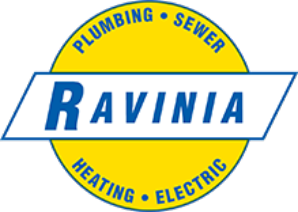
Summer thunderstorms may bring much-needed rain, but the lightning accompanying those storms can also bring something less desirable power surges.
What is a power surge?
It’s a spike in voltage delivered to your electrical supply, capable of damaging your electrical appliances and electronic devices. Though not as powerful as lightning, the turning on and off of motors in large appliances, such as AC units, can also deliver smaller, damaging spikes in power.
What happened?
We often don’t recognize a power surge until our computer stops working, our TV quits or our appliance stops mid-cycle. We’re tempted to blame a faulty appliance, but what really happened? In the U.S., most electronic appliances use 120-volt, single phase, alternating current. The voltage is delivered in an oscillating fashion, varying between 0 to approximately 169 volts.
During a power surge, however, the voltage delivered to your home can spike well over the 169-volt peak. That increased voltage can cause electricity to arc within your devices, generating heat that damages the internal electronic components. Severe spikes may fry your electronics immediately, but smaller power surges can degrade the components until the device eventually stops working.
How can I protect my electronics?
Various kinds of surge protectors modify the electricity coming to your devices, lowering the voltage to appropriate levels. SPD or point-of-use surge protection devices, which look like common power strips, divert the spike in voltage to the grounding system of your home. (Ensure your power strip is labeled as an SPD device). You can also install surge protection outlets where a power strip is not feasible.
To protect your entire electrical system, consider installing protection devices on your electrical panel. These protection devices monitor the current coming into your home and prevent surges from reaching your point-of-service protection devices. It’s recommended to employ both service entrance, as well as point-of-service devices to protect your home’s valuable electronics and appliances.
Before you risk losing that desktop work or the food in your freezer, consult a licensed electrician for the surge protection devices appropriate for your needs.
